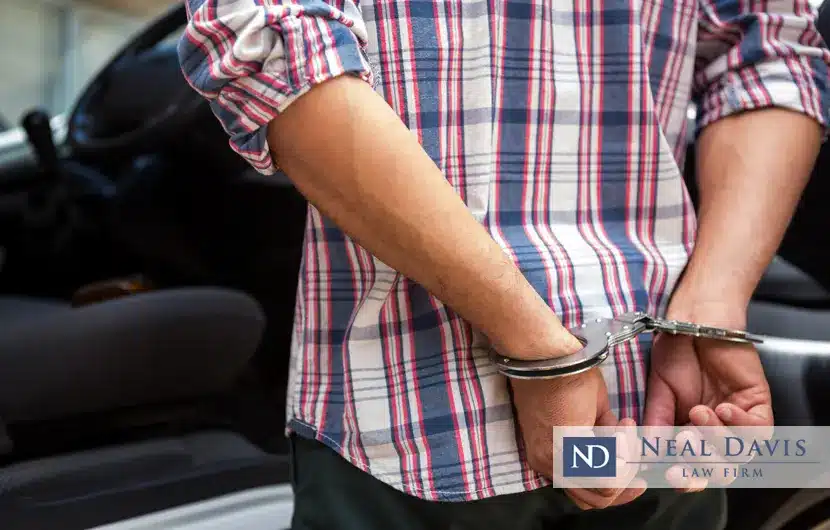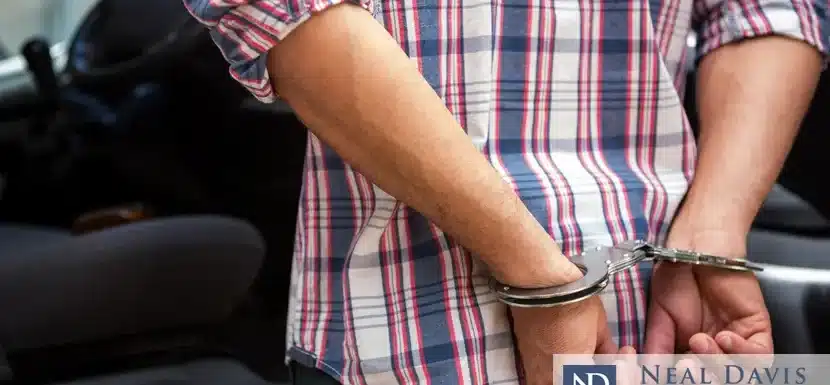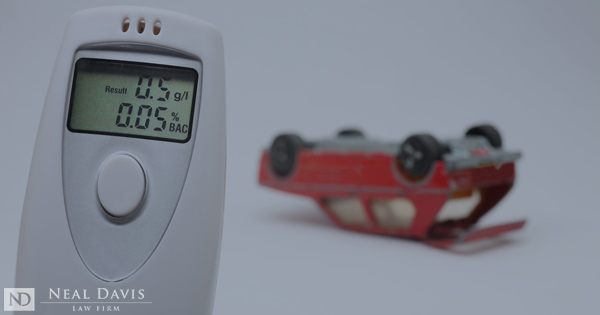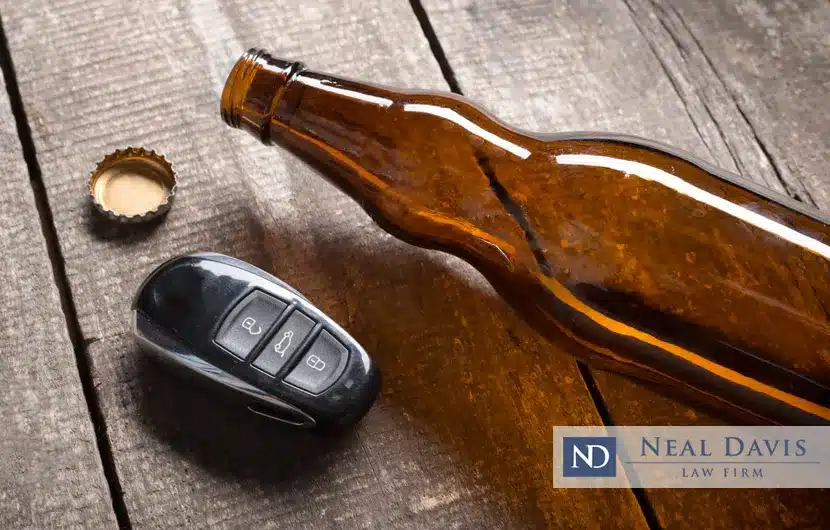
If you or a loved one ever is stopped by police for suspected drunk driving, you’ll probably wonder how much time you might spend in jail for a charge of DWI, or driving while intoxicated.
That question certainly springs to mind this week with the news that Patrick Mahomes Sr., father of Super Bowl-bound Kansas City Chiefs quarterback Patrick Mahomes, was released on a $10,000 bond Sunday, February 4, following his arrest for DWI.
According to People magazine, Mahomes Sr. was arrested in Tyler, Texas, on Saturday, February 3. He then was booked into Smith County Jail.
A former pitcher in Major League Baseball for the Texas Rangers and several other teams, Mahomes Sr., 53, previously was charged with DWI in 2018 and 2012.
For the 2018 charge, he pleaded guilty and served an accumulated 40 days in jail on weekends from 2019 to 2020.
People magazine reported that jail records also show Mahomes Sr. was arrested on a DWI charge following 2 separate incidents in 2012 in Smith County.
He also was arrested and charged with public intoxication in 2016 during a basketball game between Texas Tech University, where his son attended, and TCU in Fort Worth, Texas.
According to CNN, Mahomes Sr. has been booked 11 times since 2009, including the driving while intoxicated charges.
Prior DWI charges add up to a serious offense
The fact that Mahomes Sr. has previously been charged with DWI for a total of at least 3 such offenses makes this latest one an even more serious charge. In fact, if convicted, he could be sentenced to 2 to 10 years in prison and be ordered to pay a high fine.
Anyone who is convicted of an intoxication charge in Texas also may face driver’s license penalties. Those can include having their driving privileges suspended for as long as 2 years and having to pay thousands of dollars in yearly surcharges for up to 3 years in order to regain their driver’s license.
How much does a DWI arrest cost in Texas?
Understand the short-term and long-term financial costs of a DWI arrest in Houston.
What are intoxication offenses in Texas?
Among intoxication offenses in Texas, driving while intoxicated (DWI) is distinct from driving under the influence (DUI) under Texas law.
DUI is a Class C misdemeanor in which a person under 21 years old is charged with driving under the influence of alcohol. (The legal drinking age in Texas is 21.)
DWI is a Class B misdemeanor in which a person who is 21 or older is charged with driving while intoxicated, thanks to a blood alcohol content (BAC) of 0.08% to 0.15%. Punishments for that Class B misdemeanor of DWI in Texas include spending as many as 180 days in jail, paying a $2,000 fine, or both.
If the offender’s BAC was more than 0.15%, the offense becomes a class A misdemeanor, even for a first-time offender. For that offense, punishments can include spending up to 1 year in jail, paying a $4,000 fine, or both.
If the person is a repeat offender with prior DWI convictions, as in Mahomes Sr.’s case, that can make the punishments even worse. A second offense can nearly double the penalties, while a third DWI offense can bring a fine of up to $10,000, a prison sentence of up to 10 years, or both.
A DWI charge can also be a second-degree felony if it involves intoxication manslaughter. That means the driver was intoxicated and then caused the death of another person in a traffic collision due to an accident or a mistake.
Punishments for the second-degree felony of intoxication manslaughter in Texas include a fine of up to $10,000, a prison sentence of 2 to 20 years, or both.
Blood alcohol concentration (BAC) laws in Texas
Understand how your BAC can impact possible punishments if you’re convicted of drunk driving in Texas.
Houston DWIs and Texas DWIs lead nation
According to Houston Police Chief Troy Finner, Houston “time and again” leads the nation in DWI-related fatalities, and in 2023, the city had 5,100 DWI arrests. Elsewhere in Harris County, there were another 1,500 DWI arrests last year, says Harris County Sheriff Ed Gonzalez.
Forbes Advisor also reports that Texas has the highest percentage of drunk-driving deaths in the United States, with 963 such deaths occurring in 2023. Those constitute more than 40% of all traffic deaths in Texas last year.
How can I defend against a DWI charge in Texas?
If you’re wondering how you can defend against a charge of DWI in Texas, first, you must engage a skilled and experienced drunk driving defense lawyer or attorney, which the Neal Davis Law Firm can provide.
One aspect of your case that can be challenged is the accuracy of the means used to determine if you were, in fact, intoxicated while operating a motor vehicle.
Devices that collect breath samples or blood samples to measure alcohol content have often been proven to be unreliable, either due to defects in the devices themselves or due to inefficient use of the devices by law enforcement personnel.
Across the United States, thousands of breathalyzer tests have been thrown out of court as evidence because of such unreliability.
Thus, it might be established that you were not proven to be intoxicated by virtue of the fact that the BAC measurements that were taken were inaccurate.
It also might be established that you were not, in fact, driving the motor vehicle in question or that police lacked a legal reason, or probable cause, to stop you if you were driving.
Get a proven, knowledgeable Houston-area DWI lawyer
To argue such points in court, you must get a proven and knowledgeable Houston-area DWI lawyer to stand up for your legal rights in court.
The award-winning Neal Davis Law Firm has a track record for defending Texans who were accused of driving while intoxicated, or DWI.
If you or a family member faces such a charge, contact our law firm immediately to seek the legal representation you need to contest the charge in Houston or elsewhere in Southeast Texas, from Sugar Land and Katy to The Woodlands and Conroe in Fort Bend County and Montgomery County.
Contact us today to arrange a confidential consultation for your drunk driving case.
More states push to lower BAC limits for drunk drivers
Learn how recent efforts in some states to lower BAC limits could affect DUI laws and what this means for Texas.




